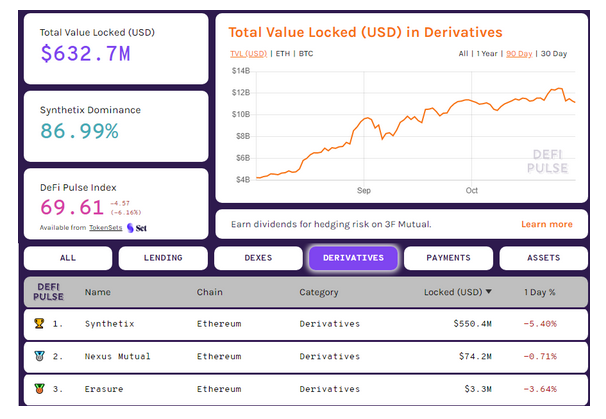Due to the hacker attack on the bZx DeFi service in February this year, investor funds amounting to more than $1 million were jeopardized. However, 6 participants of this incident had Nexus Mutual insurance for this smart contract for the total amount of about $87,000, and all of them received payments on compensation claims. In this article, we’ll look at how DeFi insurance can guarantee your funds’ security in the case of insured events.
DeFi insurance
Insurance is a relatively new phenomenon in the digital assets market. You may have noticed how many centralized exchanges have started providing funds/positions insurance for additional security of their client deposits. But the real boom can be seen in DeFi insurance, where market volumes have grown dozens of times in the last few months. But what makes decentralized insurance so attractive to users:
- Smart contracts – the guarantee of payment for insurance policies is observed by the software code, which reduces the risk of errors, and delays;
- No intermediaries – increases the speed and efficiency of interaction and confidence in the system;
- Data transparency – anyone can track the movement of funds and check the terms of a smart contract behind the insurance policy;
- Availability – thousands of users around the world can get insurance in no time.
How it works
DeFi insurance helps protect investors and providers and avoid financial losses in case of hacking, theft, technical failures of the infrastructure you work with.
The principle of insurance is simple; you buy an insurance policy, which is essentially a smart contract covering a certain list of situations. If such situations occur and you incur losses, you can claim payment and receive compensation.
Various projects and products have their own implementation features; here are some examples:
- Nexus Mutual is a decentralized insurance protocol that can insure any smart contract on the Ethereum blockchain. The list of risks covered by the insurance policy only includes the “misuse” of smart contracts, so the insurance does not cover events such as loss of private keys or hacking into a centralized exchange.
- Etherisc is a blockchain insurance platform deployed on Ethereum. Flight Delay mobile dApp built on top, which insures cases caused by flight delays, is a great success. The application runs on Ethereum smart contracts and is open-sourced. Users buy insurance policies, and in case of flight delays, they are paid the full cost of the air ticket.
- Medishares is a confidential blockchain marketplace for P2P insurance in various fields, created on Ethereum. Policyholders pay the amounts that make a fund for insurance payments. The motivation of policyholders to store value in the fund is the accrual of remuneration in native tokens.
- PAL Network – a Singapore-based insurance platform using machine learning, can make payments for flight delays, earthquakes, and even the loss of a smartphone. Insurance policies are purchased with the fiat or native currency (for the native currency of PAL, the cost of policies up to 50% lower).
Features
- Decentralization uses code and smart contracts to establish a relationship between the insurer and the customer. Smart contracts include all insurance details such as coverage, insured sum, and others;
- The flexibility of the infrastructure provides great opportunities to automate all processes using the code. Saves time, human resources, and money as most of the work is executed by the code;
- New financial instruments, such as insurance swaps.
Complications
- Total dependence on parental blockchain and third party solutions;
- The ability of the organizers/creators of the product/service to stop the contract;
- Blurred responsibility.
In the following “Knowledge DeFi’cit” articles, we will continue informing you about the current situation on the DeFi market and specific lucrative cases in this direction. Good luck, everyone!















